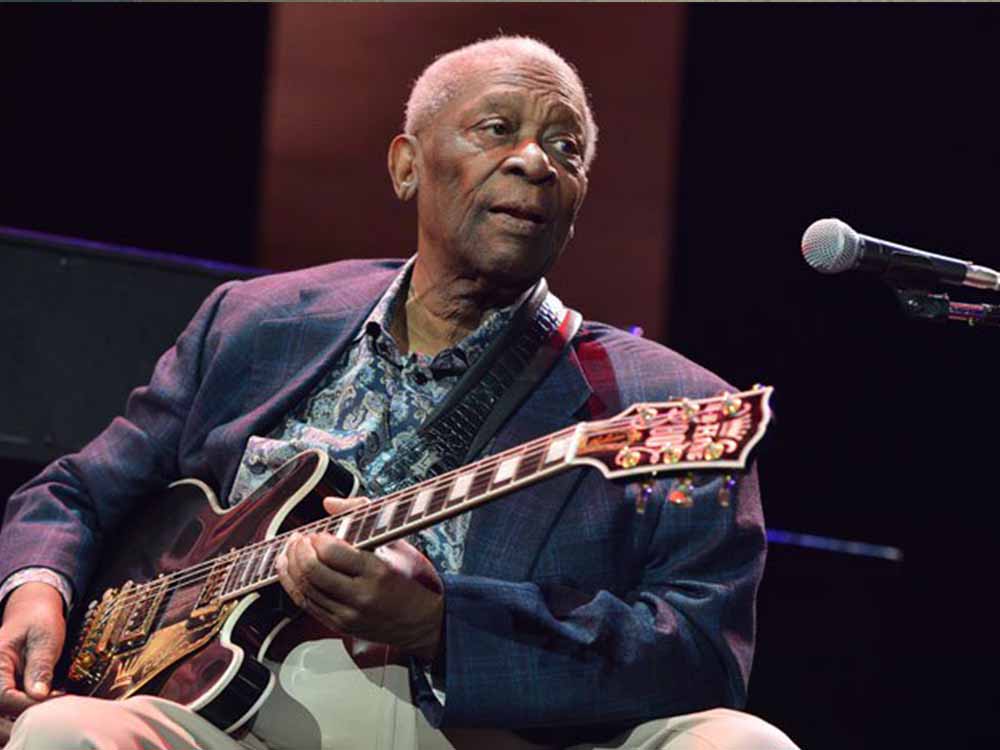B.B. King’s Final Act in 2015: Remembering the Blues Legend
The year 2015 marked the end of an era in the world of blues music with the passing of the legendary B.B. King. This article pays tribute to B.B. King’s final year, exploring his remarkable career, his enduring influence on the blues genre, his health battles, and the poignant farewell to a true music icon.
The Early Years of B.B. King
Riley B. King, known to the world as B.B. King, was born on September 16, 1925, in Itta Bena, Mississippi. He grew up in the Mississippi Delta, where he was exposed to the rich musical traditions of the region, including the blues. At a young age, King showed a natural talent for music, particularly playing the guitar.
His early influences included blues guitarists such as T-Bone Walker and Lonnie Johnson. In the 1940s, King began performing as a musician, initially in small juke joints and clubs. His distinctive guitar playing, characterized by precise bending of the strings and emotive vibrato, quickly gained attention, and he became a respected figure on the blues circuit.
The “King of the Blues”
B.B. King’s career soared to new heights in the 1950s and 1960s. He was renowned for his soulful singing and expressive guitar playing, often named “Lucille,” which became an extension of his own voice. His single “Three O’Clock Blues” became a chart-topping hit, and he went on to release numerous classic blues tracks, including “The Thrill Is Gone,” “Sweet Little Angel,” and “Every Day I Have the Blues.”
King’s music resonated with audiences around the world, and he became known as the “King of the Blues.” His ability to convey deep emotions through his music and lyrics made him a beloved figure among blues enthusiasts and beyond.
A Year of Health Challenges
In his later years, B.B. King faced a series of health challenges. He was diagnosed with type 2 diabetes, a condition that eventually led to complications in his health. Despite his health issues, King continued to perform and tour, demonstrating his unwavering dedication to his craft and his fans.
However, as 2015 unfolded, it became evident that King’s health was deteriorating. He was hospitalized multiple times for various health concerns, leading to tour cancellations and concerns among fans about his well-being. His health struggles were a somber reminder of the toll that time takes on even the most iconic figures in music.
The Passing of a Legend
On May 14, 2015, the world of music mourned the loss of B.B. King. He passed away peacefully in his sleep at the age of 89 at his home in Las Vegas, Nevada. His death marked the end of an era in blues music and left a void that could never truly be filled.
Tributes poured in from fellow musicians, fans, and dignitaries worldwide. B.B. King’s influence on the blues genre and his enduring impact on music as a whole were celebrated, and his legacy was honored through heartfelt performances and remembrances.
In conclusion, 2015 marked the farewell to a true music legend, B.B. King, whose contributions to the blues genre and music in general were immeasurable. His enduring influence, soulful music, and dedication to his craft continue to inspire musicians and audiences alike, reminding us of the timeless power of the blues.











